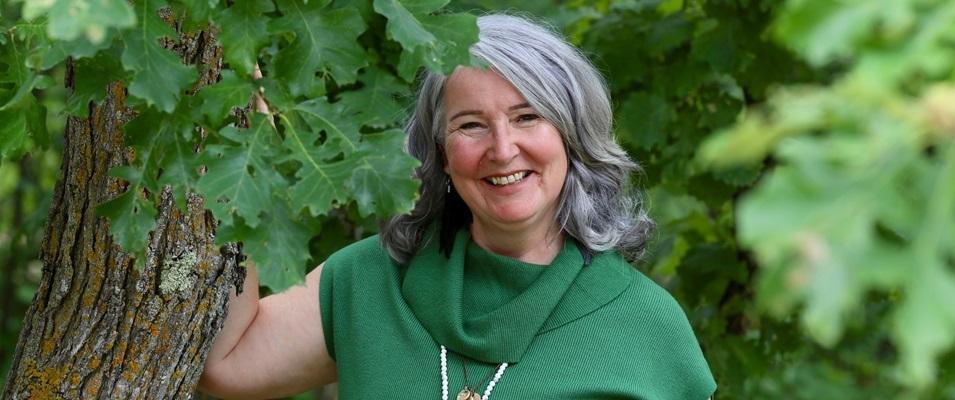If your new year’s resolution this year is to be more mindful, then there is a terrific opportunity awaiting you at the Niverville CRRC.
Dawn MacDonald, a mindfulness expert, is offering two different one-hour sessions. On January 20, she will be leading a class called Introduction to Mindfulness Meditation. On February 3, she will host Introduction to Mindful Self-Compassion.
“Some of us have just lost touch with what it might be like to pay closer attention to what’s most meaningful and real and precious in our lives,” MacDonald says.
She offers these classes to help regain those things which she considers to be a birthright.
MacDonald also believes that mindfulness offers a wealth of benefits to the practitioner. Having conducted a tremendous amount of research done on mindfulness, she says that the results indicate positive outcomes psychologically, physiologically, and relationally,
According to MacDonald the real impact comes through asking oneself the following questions: “What if I were to pause for a moment and pay closer attention to what I am experiencing moment to moment to moment. And what if I linked those observations and insights to what is most valuable within my heart? What would I become aware of and how would my life change?”
One of the greatest gifts of mindfulness, MacDonald shares, is responsibility. She feels that through mindfulness we can learn to respond to a situation rather than simply be reactive.
“There is so much volatility in the world right now that we are often at the mercy of our emotional reactivity,” she says. “We’ve all been susceptible to flying off the handle and doing and saying things we regret. Mindfulness training allows us moments of pause, moments of recognition, where we can choose more wisely how to act in the world.”
According to the American Psychological Association, some empirically supported benefits of mindfulness include significantly reduced stress, anxiety, and negative emotions; increased control over ruminative thinking; increased mental flexibility and focus; more working memory; decreased distracting thoughts; decreased emotional reactivity; an increased capacity for intentional, responsive behaviours; and an increase in empathy, compassion, and conscientiousness of other’s emotions.
There are physiological benefits to mindfulness practice as well. And as if that weren’t enough, there are relational benefits as well.
MacDonald is well qualified to lead these workshops, having spent 31 years in the healthcare field. She retired in 2021 shortly after moving to Niverville. From providing inpatient mental healthcare to developing strategies to revive compassion amongst healthcare providers, MacDonald has done it all.
“I have always been interested in what it means to live a wholesome, wholehearted life and have wondered about the mind-body connection for as long as I can remember,” MacDonald says.
As a child, she was exposed to meditation and its value on a regular basis by a close family friend. But it wasn’t until a personal tragedy in 1995 that she was given a copy of Jon Kabat-Zinn’s book Full Catastrophe Living. When she began to practice with the author’s meditation recordings, she realized that mindfulness was the path she needed to take.
Thus began her ten-year journey to become a certified teacher and then trainer. MacDonald has studied her craft at the University of Massachusetts, the University of San Diego, and at Stanford University’s Medical School. She’s even been a senior instructor at the Institute of Mindful Leadership and has co-taught retreats to leaders from around the world.
MacDonald is offering her expertise to the CRRC as a gift to the community. The CRRC will charge a nominal fee of $35 for each workshop.
To attend, one needs only feel a calling to do so.
“It takes a lot of courage to even be interested and willing to explore mindfulness,” MacDonald says. “You just need an open heart, an open mind, and a willingness to be surprised.”
FOR MORE INFORMATION
To learn more, contact: mindfulnessandwellbeing204@gmail.com
To register for a workshop, visit: https://nivervillerec.ca


